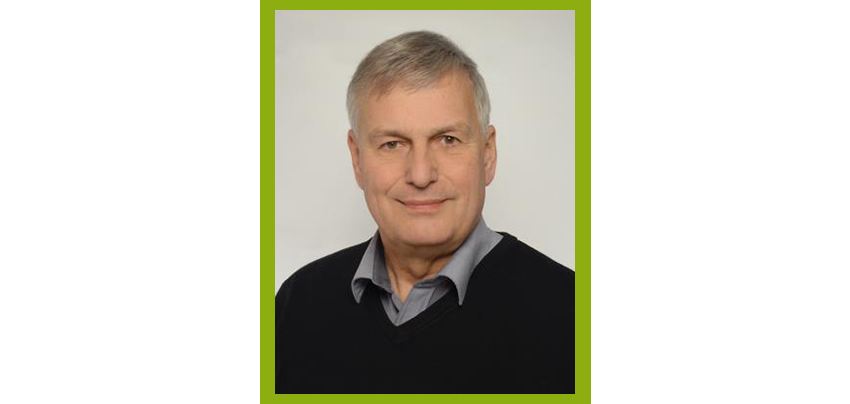Am Montag, den 13. Januar 2025, um 12:00 Uhr c.t., findet der nächste Termin unseres Physikalischen Kolloquiums in diesem Wintersemester statt.
Prof. Dr. Wolfgang Rhode, Professor für Astroteilchenphysik an der Technischen Universität Dortmund, wird den Physik-Nobelpreis des Jahres 2024 vorstellen. Rhode forscht zu neuen Methoden in der Datenanalyse, insbesondere Maschinellem Lernen als Teil der Künstlichen Intelligenz. Der Titel seines Vortrags lautet „ASSOCIATIONS, MODELS AND MACHINE LEARNING: A CLASSIFICATION OF THE NOBEL PRIZE IN PHYSICS AWARDED TO JOHN HOPFIELD AND GEOFFREY HINTON FOR GROUNDBREAKING DISCOVERIES IN MACHINE LEARNING WITH NEURAL NETWORKS“.
In order to understand the world and, especially, the results of our experiments and formulate theories, we must have the methods of classification and regression at our disposal. For a long time, only the human brain possessed these essential components of intelligence. In the age of computers and algorithms, the question arises of to what extent machines could also take on this task. Inspired by the functioning of the brain, people began to test potentially suitable algorithms and develop suitable learning procedures and properties, which have led to astonishing successes today. This talk will discuss how the physicists and Nobel Prize winners John Hopfield (associative memory) and Geoffrey Hinton (backpropagation) were able to make a decisive technical and methodological contribution to this development.
Abstract des Vortrags von Prof. Rhode
Die Einführung erfolgt durch Prof. Dr. Julia Tjus.
Die Fakultät lädt alle Interessierten herzlich ein. Die Veranstaltung findet im Hörsaal HZO 20 statt.
Alle Termine des Physikalischen Kolloquiums finden Sie hier.
Bild: © Rhode


